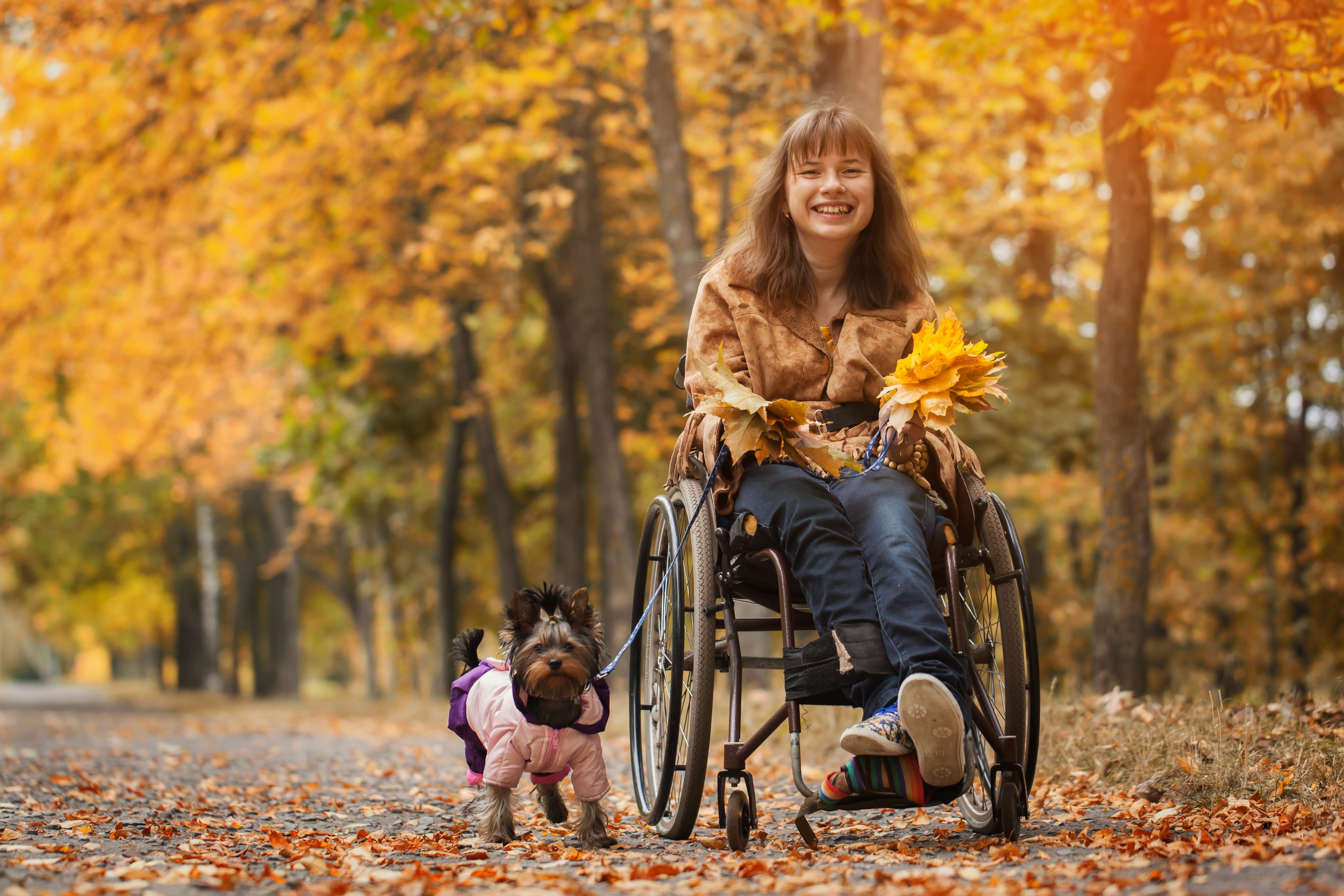ONEVoice Offers Solutions for Patients with Neuromuscular Disorders
Written by |

Edge Research, funded by the Muscular Dystrophy Association (MDA), carried out a survey called ONEVoice to evaluate key areas of concern and devise solutions among carers, family members and patients with different types of neuromuscular disorders.
ONEVoice, which took place from Jan. 18 to Feb. 20, involved more than 3,000 respondents, including 2,430 adults with neuromuscular diseases and 932 caregivers and family members.
Most respondents in the survey (13%) had Charcot-Marie-Tooth disease , followed by limb-girdle muscular dystrophy (LGMD) (11%). The least represented disorders were potassium-aggravated myotonia and Udd myopathy/tibial muscular dystrophy, both with 0.03% of respondents. Patients with Friedreich’s ataxia were also included in ONEVoice, corresponding to 1% of the total included in the survey.
“MDA is committed to transforming the lives of people with neuromuscular disease and we believe the ONEVoice study moves us one step closer to our objectives,” Lynn O’Connor Vos, MDA president and chief executive officer, said in a press release. “We are in a position to facilitate this transformation through MDA’s national network of multidisciplinary clinics providing best-in-class care at more than 150 of the nation’s top medical institutions, our multimillion-dollar commitment to research, and programs to enrich patients’ lives.”
The Friedreich’s Ataxia News forums are a place to connect with other patients, share tips and talk about the latest research. Check them out today!
According to survey data, more than half the respondents (51%) are concerned with health care costs associated with a disease, with 33% reporting that they or their loved ones had to delay seeking medical attention to manage health care costs. In addition, 76% of the respondents expressed concerns regarding access to health care and neuromuscular disease experts.
To solve this issue, the MDA proposed providing specialized health care to patients with neuromuscular disorders at the MDA’s Nationwide Care Center Network, which includes more than 150 medical institutions across the U.S. For those living in areas without easy access to the network, the MDA claims that telemedicine could be a viable, cost-effective option to interact and communicate with neuromuscular health experts.
Another major concern shared by nearly a third of the respondents (29%) is that their diagnosis was not confirmed by genetic testing. Nearly half the respondents (49%) agreed that genetic tests are too expensive and the main reason fewer patients are undergoing genetic screenings.
More than three-quarters of the respondents (76%) never participated in a clinical trial, even though the majority (63%) was willing to find and participate in a study if eligible. In this case, the MDA suggested the use of online tools, including the Clinical Trials Finder Tool and the NeuroMuscular ObserVational Research (MOVR) Data Hub, to facilitate the matching process.
Most respondents (64%) also expressed concerns regarding independence and mobility. While patients tended to adopt a more positive attitude toward their own independence and productivity, carers were less confident about their loved one’s ability to be independent.
“The ONEVoice study also found that the neuromuscular disease community is eager for information and counts on MDA to fill this need,” Vos said. “Three out of four survey respondents say they use MDA for information on issues related to neuromuscular disease. The MDA website is a key touchpoint for the neuromuscular community, with more than 70 percent saying they have visited the site and 56 percent reporting they have reached out in other ways to MDA for information/assistance.
“This survey is part of our continued commitment to engaging our community and doing our utmost to transform the lives of neuromuscular patients and their families.”





